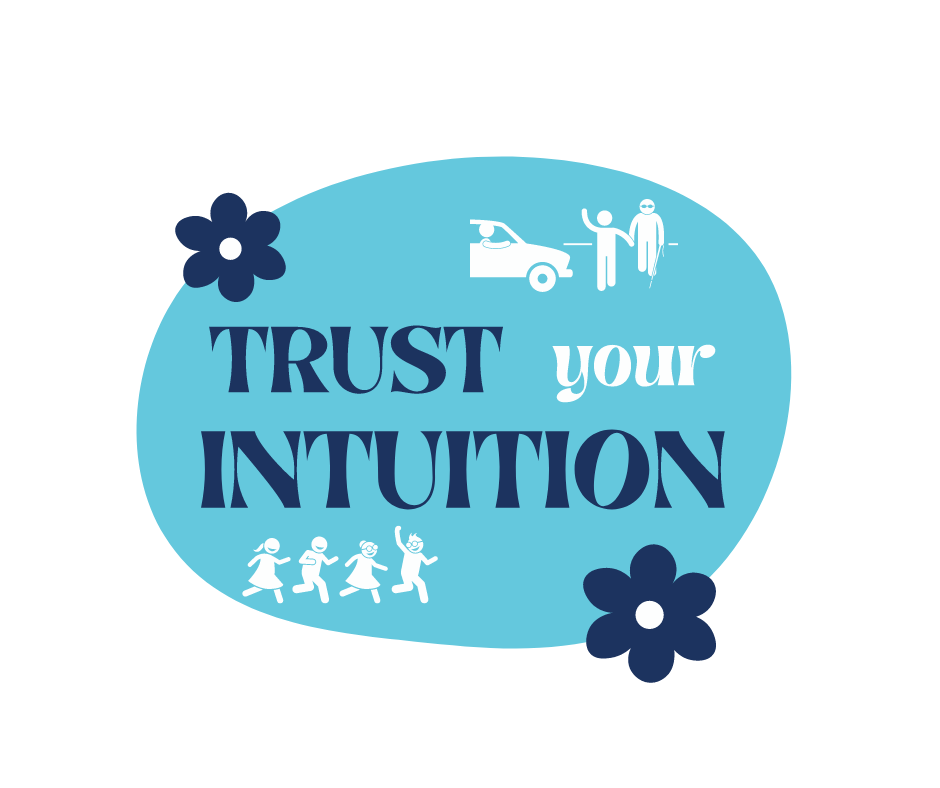Say What You Need To Say: Releasing Resentments in Parent-Child Relationships.
"Unspoken expectations are premeditated resentments."
Neil Strauss captured a crucial yet often overlooked aspect of communication that profoundly affects all our relationships, particularly the parent-child dynamic. In these relationships, where expectations and unspoken resentments can run high, understanding how we communicate—and how we fail to communicate—can make all the difference. This insight is key to navigating and improving the interactions we have with our children, leading to healthier and more fulfilling connections.
Using Your Words - Communication is a Behaviour
At its core, communication is an expression of behaviour. It is one of the ways in which we express our internal or external experiences, and it reflects an attempt to meet our needs. Engaging in conversations, giving instructions, making requests are some of the ways in which we use our words in an intentional manner to express our needs, our emotions and our expectations. Recognising that communication is a behaviour, and remembering that all behaviours are our best attempts to getting our needs met, can shift the perspective on how we give, receive and perceive communication.
How Do You Say What You Need To Say?
Communication evolves as we grow, and we often learn to speak by mimicking others. Parents naturally interpret the body language of infants, as they lack verbal skills. As children start using words and forming sentences, parents must continue to interpret their communication because children are still learning how to express themselves effectively. It remains an important part of our responsibility as parents to find the meaning and understanding beneath our children's communication - especially during times of dysregulation, conflict or stress. Recognising the dynamics of power in communication can reveal how our interactions shape and influence our children's development in this area.
Communication patterns can be categorised into power patterns, each one impacting the relationship in different ways
Power Over Communication :
This sounds like a parent who uses threats, demands, punishment, criticism, sarcasm or shame in their communication with their child. This approach creates a dynamic of control and leads to fear, compliance or resistance and resentment. The forceful impact of this style of communication and it's pressure on the child can have long term effects on their self-esteem and emotional well-being.
Examples:
- Punishment: “If you don't clean your room, you'll be grounded."
- Sarcasm: "Nice job taking care of your belongings, as usual!'
- Criticism: "Why can't you ever do anything right? You always mess things up!"
- Shame: "I'm embarrassed to have you as my child when you behave like that!"
- Demands: "You better finish your homework or there will be consequences!"
Power Under Communication:
Power Under Communication occurs when a parent avoids using their voice or words to address conflicts, instead resorting to shutting down, stonewalling, freezing, or self-blaming. This passive approach often stems from a belief that conflict is unsafe or overwhelming, leading to unresolved issues and a lack of connection. Such communication can leave the child with incomplete information and a fractured sense of self.
Examples:
- Shutting Down: Parent becomes silent, avoids eye contact, doesn't respond to questions or attempts to discuss an issue.
- Stonewalling: Parent Responds with monosyllabic answers like "Okay," "Fine," or "Sure."
- Freezing: Parent is unresponsive, motionless, unable to move, stands/sits still and does nothing.
- Shame: "I'm embarrassed to have you as my child when you behave like that!"
- Self-Blame: "It's my fault that you don't know how to clean your room." or "I must have done something wrong to make you upset."
Power WITH Communication:
This is where we want to be in our communication! Power WITH communication focuses on collaboration, empathy, and support. It's foundation is on making clear statements or requests while offering the scaffolding of our proximity and support. The goal is to work together, ensuring that the child not only hears but also understands and successfully accomplishes what is asked of them. This proactive and positive approach to communication creates an environment that builds the child's confidence strengthens the parent-child relationship, develops independence, solving skills, motivation, communication skills and a healthy self-esteem.
Examples:
- "I need you to cook dinner tonight. I know that it seems like there's a lot to do, I'll be here to help you if you need it."
- "I need you to clean your room today. if you feel overwhelmed, let me know and we can tackle it together."
- "Can you finish your homework by 6pm? If you get stuck on any problems, I'm right here, just ask me, and we can work through them together."
- "I need you to practice your public speaking presentation. We can go over it together now, I have some time to give you feedback if that will help you feel more confident."
The Power of Using Clear Communication to Say What You Need to Say
Releasing resentments involves more than just expressing your expectations., it's about expressing feelings and needs that are attached to those expectations in a clear and respectful manner. Nonviolent Communication (NVC) principles offer a simple yet highly effective way of find the Power WITH in your communication that can help in expressing your expectations clearly:
- Say what you See - Before jumping into a discussion, take a moment to understand the bigger picture. Look at what’s happening now and what’s led up to the issue.
- Identify your Feelings - After you have the facts, check in with your emotions. Use phrases like “I feel…” to recognize and name the feelings that come up when you think about the situation.
- Identify your Needs - Dig a little deeper to figure out what you need—whether it’s cooperation, reassurance, understanding, or support. Knowing your needs helps you communicate your expectations more clearly.
- Make a Clear Request - Keep in mind how different communication styles affect your relationship. Approach the conversation from a place of Power WITH by clearly stating what you see, how it makes you feel, and what you need. Be open to your child's feedback and be ready to adjust your expectations if needed.
This approach builds trust, shows respect, and helps prevent lingering resentments.
Clear Communication has the Power to Turn Unspoken Expectations into Stronger Connections
The importance of clear and honest communication in our relationships, especially with our children is a pathway towards stronger connections. By openly expressing our needs and feelings, we prevent misunderstandings and build a foundation of trust and mutual respect.
When we take the time to honour ourselves and our children, choose to communicate with empathy and clarity, and address current issues in the spirit of fostering a more positive and supportive environment, resentments have not room to grow.
My hope is that we all recognise our expectations as valid needs, and our resentments as opportunities to communicate those needs.
May you find your voice and use it to create more peace, love and collaboration in your family and community.











